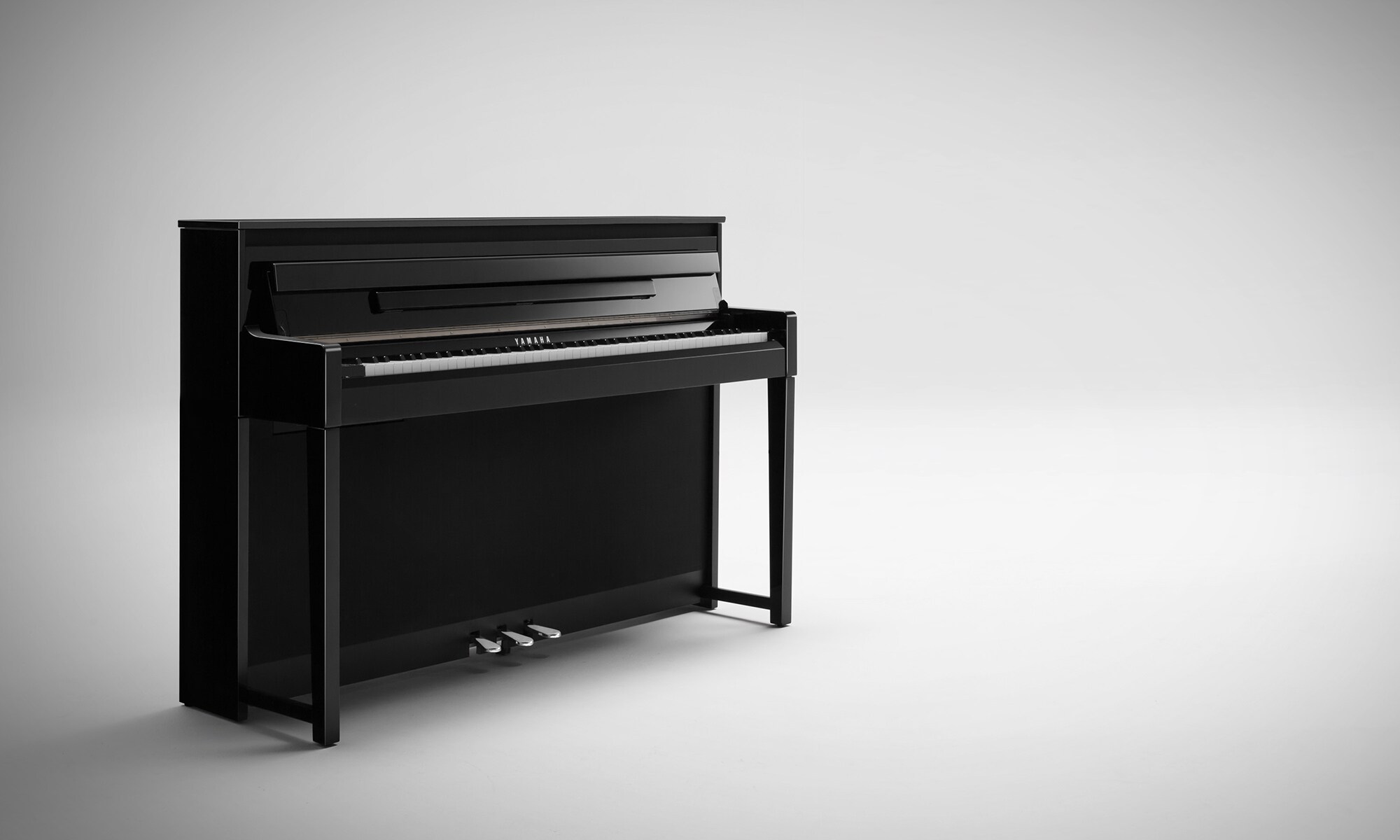

The other thing to remember is, if you love the Steinway sound, you'll never get that from a Blüthner.

Those things are subjective though - what I think about a piano's tone may not be what you think. The bass is much clearer and has much greater sustain on the Blüthner, and the tone has greater depth and clarity throughout the whole range. The trouble is finding a technician who understands it.Īs to whether a Blüthner 6'3 is better than a Steinway M:įor me, personally, EVERY Blüthner 6'3 I've played in any condition has been better than EVERY Steinway M I've played in any condition. With the right regulation it can play as well as, or better than any standard repetition action. The patent action is a much-maligned but very good action. It probably doesn't need replaced if the piano holds its tuning. Whether or not it needs replaced depends on many things.

1908 SCHIMMEL PIANO FULL
They probably don't *need* replaced unless you were opting for a full restoration.īlüthner pin-blocks are incredibly robust, and rarely fail, although Blüthner UK replace pin blocks on all pre-WW2 pianos as a matter of course. If the piano is functioning well enough for you as it is, then I wouldn't worry too much about the bass strings right now. It's fairly common on some pianos that the odd string needs to be replaced. Find out why the three bass strings were replaced. Treat the purchase as if the piano hasn't been restored. In the UK an un-restored Blüthner with the patent action could range from as little as £800 to as much as £5000 depending on the style, finish, plate design and condition. The price quoted for the piano seems to be about what they cost as un-restored pianos on the US market. In the USA, Blüthners cost more than they do in the UK on both the new and used market. everyone on here knows I have two Blüthner 6'3s, one with the patent action. And, while I'm doing that, should I also replace the pin-block? If so, this brings up the price to a point where I'd pass on this piano. Obviously, this opens up the question: maybe I should replace all the strings. I'm thinking it could probably use a new set of bass strings. My only hesitation is that there have been 3 bass strings replaced in the past decade. We both agree the piano has been rebuilt at some point (not by him), although there are no records about this. I spoke with the Bluthner's piano technician, who seems to have cared well for the piano over the past decade. I played a well regulated Steinway D the day after I played the Bluthner, and I could barely notice any difference in the action (other than the fact that Bluthner is maybe about 15% lighter). It's the patent action, so it's a bit light. The seller is asking $8000, although is open to negotiation. I'm considering buying a 1908 Bluthner grand (approx.


 0 kommentar(er)
0 kommentar(er)
